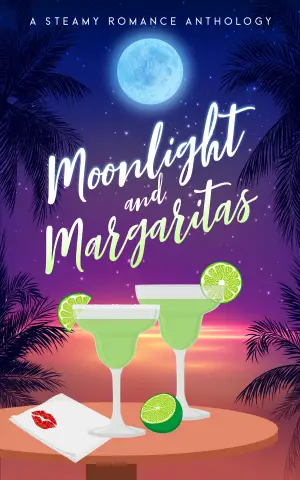Review of The Stern Chase (Brotherband Chronicles, #9)
When I first picked up The Stern Chase, I was bursting with anticipation. After all, John Flanagan has been a staple in the world of children’s literature since his Ranger’s Apprentice days. Yet, here I am, reflecting on an experience that, to be frank, turned out to be far below my expectations. I thought The Early Years of Flanagan’s works were as low as it could go, but oh, how naïve I was!
From the outset, the plot felt repetitive and predictable. The story unfolds in a way that feels almost like a formulaic checklist—once I had read the first few chapters, I could guess the ending and every twist along the way. While I was hoping for a riveting chase or a thrilling battle, there was only one moment that could vaguely be labeled as "tense," and even that fell flat, lacking the excitement I had craved.
As for the humor, what a stark disappointment. Flanagan’s well-loved wit from earlier books seems to have evaporated. Instead of clever quips, I encountered the same jokes recycled yet again, including the frustratingly obvious “pick me” tropes. For example, Czapla, the protagonist’s ship, receives incessant praise about its uniqueness. It felt like being stuck in a loop—one that kept reminding me how different and better it was, much like Lydia, who sported a rather flat, one-dimensional character with little depth to offer.
The writing style took a notable dip; it appears to cater more to children than to the nuanced audience who had once enjoyed Flanagan’s storytelling. Did I really need to hear characters bantering in ways that felt more suited to a kindergarten class? Notably cringe-worthy was the dialogue that seemed to aim just to elicit giggles rather than elevate the narrative.
Then there’s the issue of character consistency—or rather, the lack thereof. Characters I once adored have transformed. Erak, who was strategic and competent, now comes off as naïve. Hal has morphed into an arrogant and irritating figure. The previous depth and nuance have been replaced by a flatness that suggests a lost connection to their original selves. Dialogue felt contrived, reducing previously rich personalities to mere caricatures.
Furthermore, the translation leaves much to be desired. Names have inconsistently shifted, and clunky dialogue took me right out of the story. One might excuse minor inconsistencies in translation, but when they disrupt the flow of reading, it’s hard not to cringe.
Ultimately, I find it difficult to recommend The Stern Chase to anyone beyond diehard fans seeking closure to a series that had once promised so much. Younger readers might find joy within its pages, but for older fans who have cherished the complexities of Flanagan’s earlier writings, this installment may feel like a hollow echo.
In conclusion, it’s a challenge to reconcile my fond memories of Flanagan’s previous works with this misstep. For longtime followers, you might find this latest installment, if not a disappointment, certainly a disservice to the vibrant world Flanagan once created. I’ll continue to treasure my memories of the early Brotherband Chronicles, but sadly, this addition isn’t one I’d revisit.
Discover more about The Stern Chase (Brotherband Chronicles, #9) on GoodReads >>






